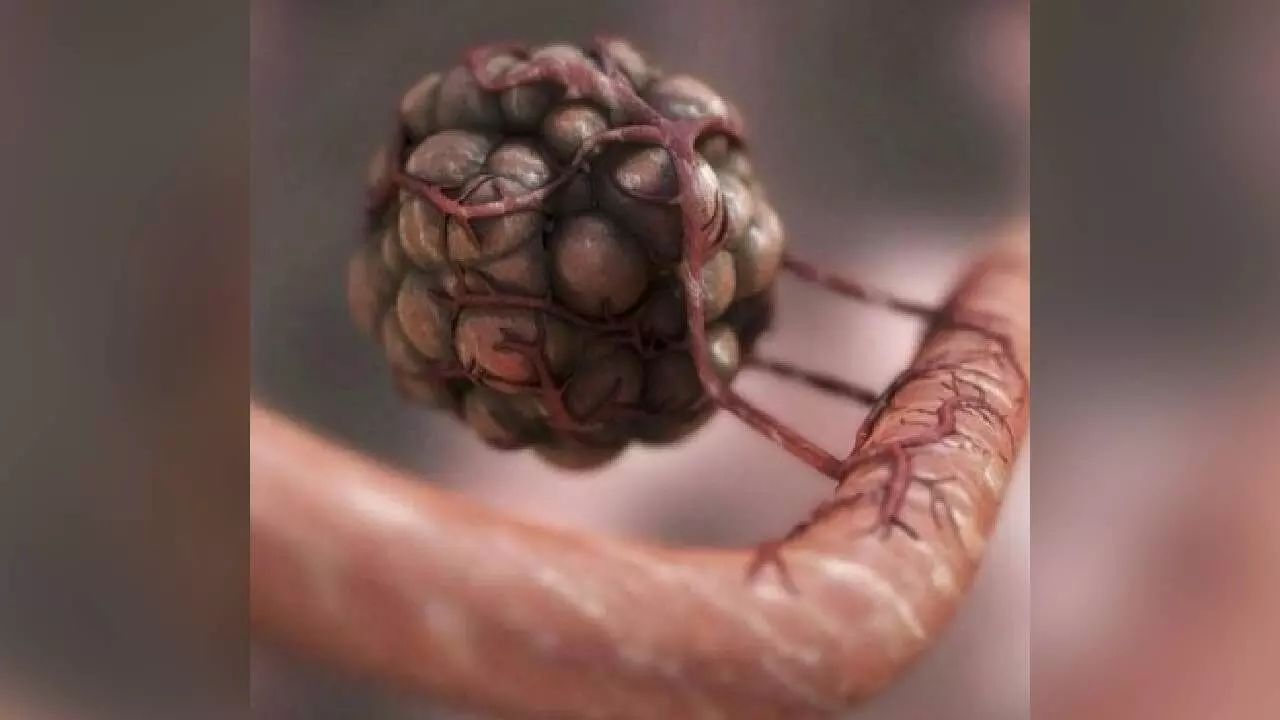Researchers find genetic fingerprints to predict efficacy of immunotherapy
Israeli researchers have identified a genetic "fingerprint" that helps predict the effectiveness of immunotherapy treatments, according to a study
image for illustrative purpose

Jerusalem, May 8: Israeli researchers have identified a genetic "fingerprint" that helps predict the effectiveness of immunotherapy treatments, according to a study.
The study, by the Israel Institute of Technology (Technion), stated that the discovery would help improve the personalisation of immunotherapy treatments, Xinhua news agency reported.
Immunotherapy is considered to be one of the greatest revolutions in cancer treatment. It enhances the immune system’s ability to target and destroy cancer cells efficiently.
However, a major challenge in immunotherapy is the unpredictability of patient responses. Some patients do not benefit and may experience side effects without significant improvement.
Therefore, there is a need to identify biomarkers that can forecast the effectiveness of treatment based on the specific data of each patient.
In their study, published in the journal Cell Genomics, the team examined the genetic characteristics of T-cell clones -- groups of multiplied immune T cells that specialise in targeting a specific threat once recognised -- and their influence on treatment success.
To achieve the goal, the team conducted a large-scale meta-analysis using single-cell RNA sequencing and T-cell receptor sequencing data from cancer patients undergoing immunotherapy.
It was found that although these T-cell clones are present in both responsive and non-responsive patients, those who respond to immunotherapy display a distinct genetic signature in their T-cell clones, and the treatment boosts their immune activity.
Another major finding was that in non-responsive patients, some T-cell clones were simultaneously found both in the bloodstream and the tumour.
To achieve a better immune response, it is crucial to activating T-cell clones located solely within the tumour, rather than those present in both the tumour and the bloodstream, the researchers said.
They added that this discovery will enhance predictive capabilities and could lead to new treatment strategies that improve the effectiveness of immunotherapy.

